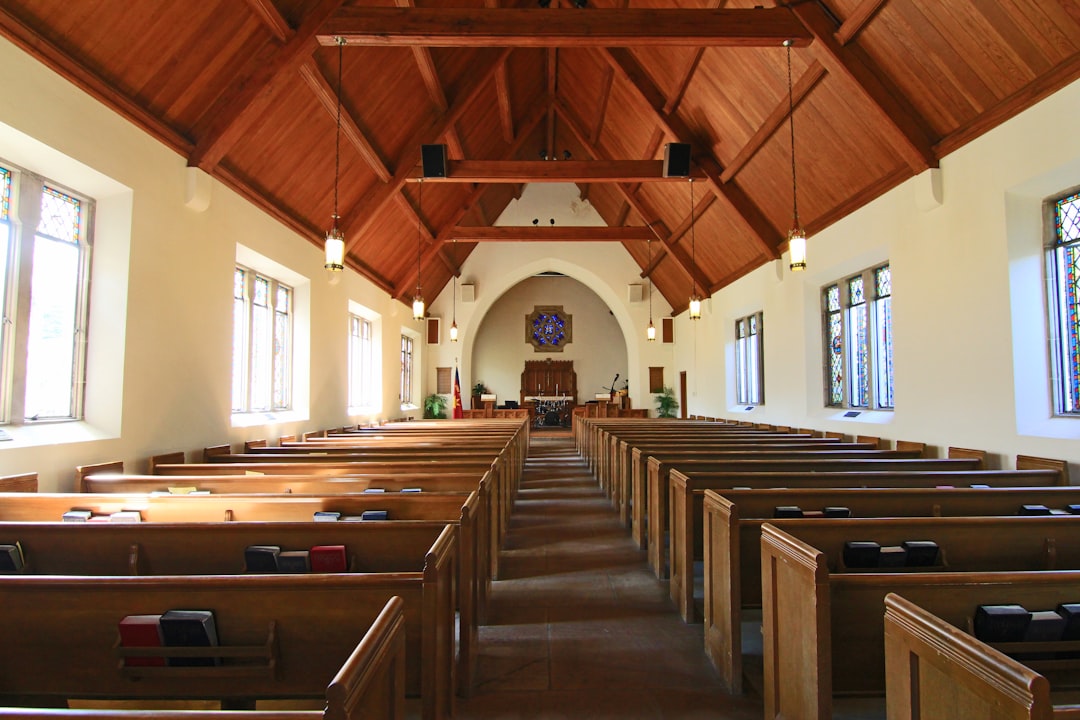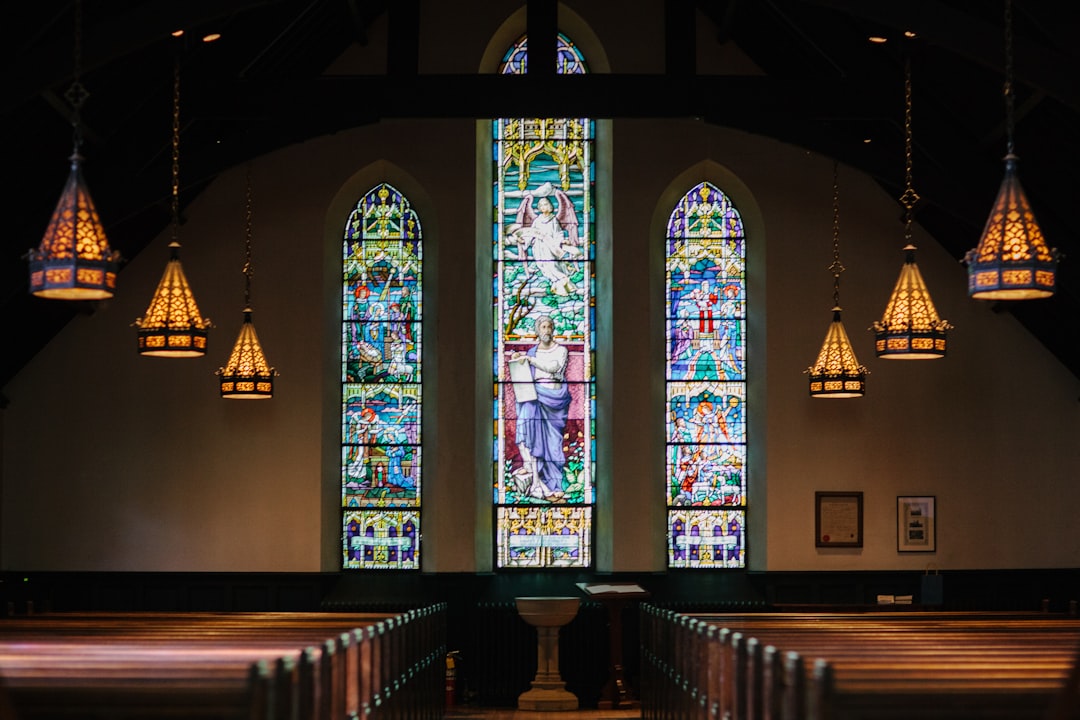In Kansas, victims of clergy sexual abuse can seek justice through civil courts, with a skilled clergy abuse lawyer guiding them through complex legal procedures. These lawyers understand power dynamics within religious institutions and help victims navigate statutes of limitations, evidence gathering, witness interviews, and case presentation to hold abusers accountable while ensuring victim rights are protected. Timely legal action, backed by compelling evidence and credible testimonies, is crucial for a successful outcome in clergy abuse lawyer Kansas cases.
In Kansas, addressing clergy abuse is a critical matter that requires understanding both the legal framework and specialized procedures. This article delves into the complex issue of clergy abuse, providing insights on defining and handling such cases within the state’s civil court system. From the legal landscape to the specific steps involved, it explores how a dedicated clergy abuse lawyer in Kansas can guide survivors towards justice. Learn about building a solid case with evidence and testimony, and navigate the civil court process effectively.
Understanding Clergy Abuse: Defining the Issue in Kansas

In Kansas, clergy abuse refers to any form of misuse or exploitation of power by individuals in religious positions, causing significant emotional and psychological harm to their victims. This can include sexual harassment, assault, or manipulation within the context of spiritual guidance. When individuals experience such trauma, seeking justice through civil court procedures becomes a crucial step towards healing and accountability.
Understanding the dynamics of clergy abuse is essential for both victims and Kansas clergy abuse lawyers. It involves recognizing that power imbalances within religious institutions can lead to situations where individuals feel unable to speak out or seek help due to fear of repercussions or spiritual repercussions. By defining and addressing these issues, civil courts play a vital role in ensuring transparency, holding abusers accountable, and providing much-needed support for those who have suffered at the hands of clergy members.
Legal Framework: Kansas Laws and Civil Court Procedures for Clergy Abuse Cases

In Kansas, the legal framework for addressing clergy abuse cases is governed by a combination of state laws and civil court procedures. Victims of clergy sexual abuse have specific rights and resources available to them under Kansas law, which includes statutes of limitations that allow for timely legal action. A crucial aspect is the ability to seek compensation through civil lawsuits against perpetrators or institutions responsible for the abuse. These cases often involve complex issues, necessitating the expertise of a skilled clergy abuse lawyer in Kansas who understands both the legal and emotional dimensions.
The civil court procedures in Kansas provide a structured pathway for victims to pursue justice. This includes filing a complaint with the appropriate court, gathering evidence, deposing witnesses, and presenting their case before a judge or jury. The state’s legal system offers protections for victims, ensuring their rights are upheld throughout the process. Engaging a knowledgeable clergy abuse lawyer is essential in navigating these procedures, as they can provide guidance tailored to the unique challenges of such cases.
The Role of a Clergy Abuse Lawyer in Kansas

In cases of clergy abuse, victims often turn to a specialized lawyer who understands both the legal system and the unique dynamics of religious organizations. A clergy abuse lawyer in Kansas plays a crucial role in ensuring that victims’ rights are protected and that they receive justice. They navigate complex civil court procedures, providing essential guidance and support to help clients share their stories and pursue legal redress.
These lawyers possess extensive knowledge of state laws pertaining to clergy misconduct and sexual harassment within religious institutions. They employ strategic tactics, including gathering evidence, interviewing witnesses, and constructing compelling legal arguments, to hold accountable those who have abused their positions of power. By advocating for their clients, these specialists foster an environment where victims feel empowered to come forward and seek compensation for the trauma they’ve endured.
Building a Solid Case: Evidence and Testimony in Civil Court

When building a case for clergy abuse in Kansas civil court, evidence and testimony are paramount. Compelling evidence can include documented records, such as church reports or correspondence, that detail the alleged misconduct. Testimonies from witnesses who have firsthand knowledge of the situation—be they fellow congregants, family members, or professionals like therapists—can also be powerful tools. A skilled clergy abuse lawyer in Kansas will carefully curate these elements to construct a solid, credible case.
In preparation for trial, it’s crucial to organize and present evidence in a clear, logical manner. This involves identifying relevant facts, pinpointing key dates, and ensuring that all witnesses are available to provide consistent accounts. A well-organized presentation of both physical and verbal evidence can significantly impact the outcome of the case. Effective testimony should be specific, detailed, and free from speculation, providing the court with a clear understanding of the harm inflicted by the clergy abuse.
Navigating the Civil Court Process: Steps to Seek Justice in Kansas

Navigating the Civil Court Process involves several crucial steps for individuals seeking justice in Kansas, particularly those who have experienced clergy abuse. The first step is to consult with a knowledgeable clergy abuse lawyer in Kansas. They can provide guidance tailored to the specific circumstances of the case, ensuring all legal options are explored and explained. This lawyer will help determine whether filing a civil lawsuit against the perpetrator or the institution is the most appropriate course of action.
Once the decision to proceed is made, the next step involves preparing and filing a complaint with the court. This document outlines the allegations, details damages sought, and formally initiates the legal process. It’s important to act promptly; time limits exist for filing such cases, so seeking immediate assistance from your clergy abuse lawyer in Kansas is vital to ensuring your rights are protected and the case moves forward efficiently.





